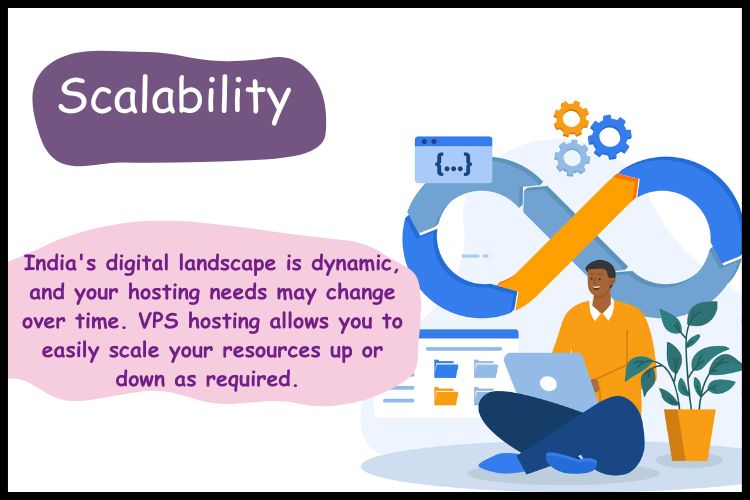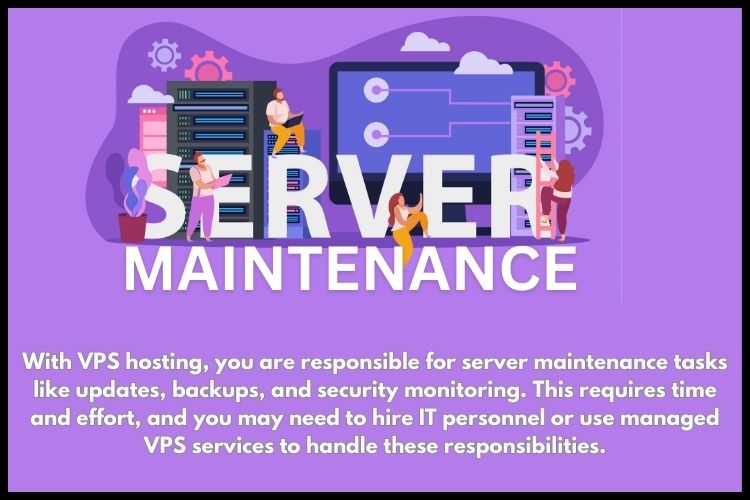Summary

Article Name
The Pros and Cons of VPS Hosting in India
Description
In the digital age, a robust online presence is crucial for both individuals and businesses. Whether you're running a personal blog, an e-commerce site, or a corporate platform, selecting the right hosting solution is a critical decision.
Author
MINAJ SHAIKH
Publisher Name
best VPS Hosting in India
Publisher Logo



